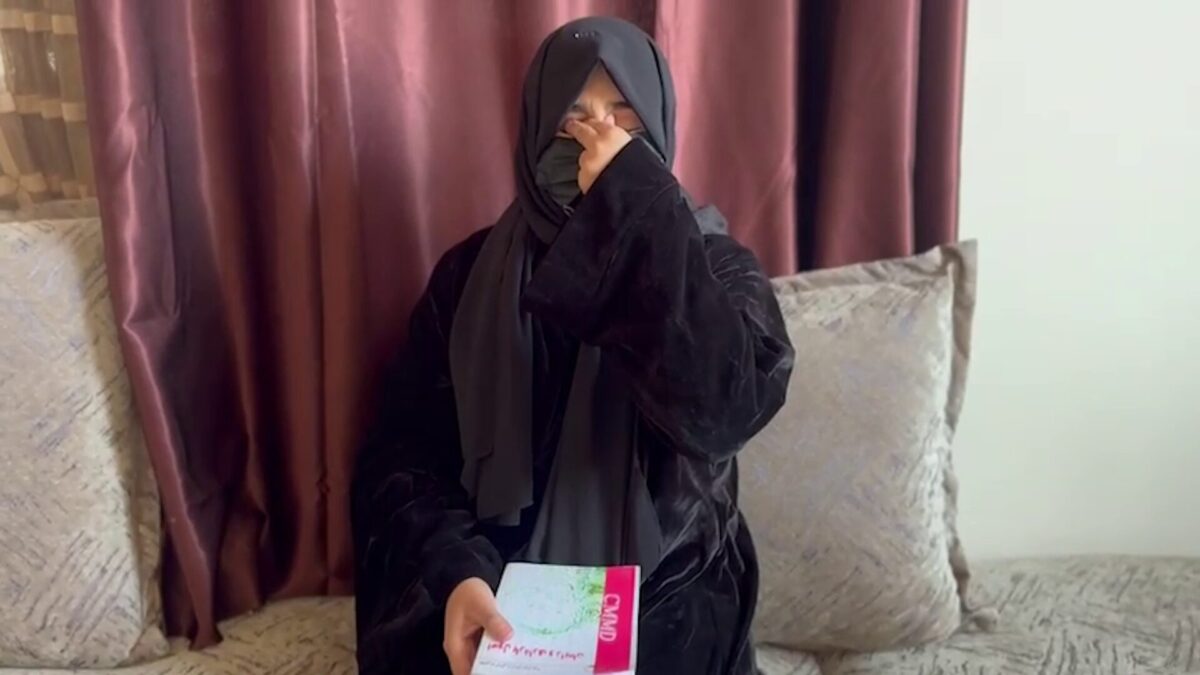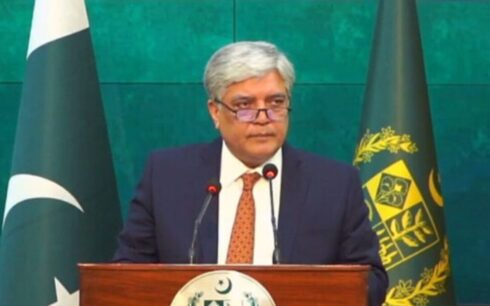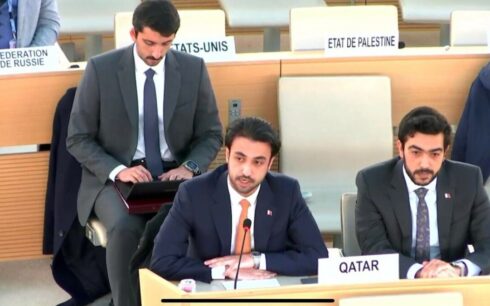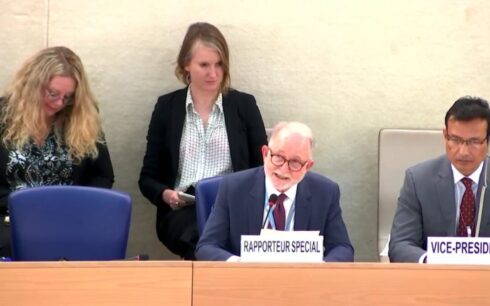Female students in Afghanistan have voiced their anguish over the Taliban’s decision to bar women from studying at medical institutes, warning that the move will exacerbate the country’s already dire healthcare crisis.
The prohibition, which affects higher and semi-higher medical education institutions, is being described by many as a devastating blow to the rights and futures of Afghan women. Those affected say they refuse to give up on their dreams despite the Taliban’s restrictions.
“The Taliban have destroyed the last shred of hope we had,” said Farhat, a 22-year-old who was studying midwifery. Farhat recounted how she had already shifted her ambitions multiple times due to Taliban bans.
“I wanted to study law and become a judge or prosecutor in my country, but when schools and universities were shut to us, I turned to midwifery. Now, they’ve even taken that away. I’m watching my dreams die before my eyes,” she said.
This latest restriction follows a pattern of measures by the Taliban to curtail women’s access to education and public life. Earlier bans closed schools for girls beyond sixth grade and barred women from universities, leaving medical institutes as one of the last remaining educational options for Afghan women.
Mounting healthcare challenges
Afghanistan faces a critical shortage of female healthcare workers, which is now expected to worsen significantly. Female medical students have raised pointed questions about the implications of this ban for healthcare access, particularly for women.
“Where will Taliban officials take their wives for treatment if there are no female doctors left?” asked Sara, a medical student. “By closing these institutes, they are not only stripping us of our rights but jeopardizing the health of all Afghan women.”
Sources said the Taliban’s acting Minister of Public Health announced during a meeting with health institute officials in Kabul on Monday, Dec. 2, that all higher and semi-higher medical institutes would remain closed to women until further notice.
International condemnation
The decision has drawn sharp criticism both within Afghanistan and internationally. The British government expressed its dismay, stating that the ban reflects yet another step in the systematic erosion of women’s rights under Taliban rule.
Hashim Danish, a physician, described the move as a “final nail in the coffin for Afghan women.” He added, “This proves once again that the Taliban are deeply regressive and incapable of change. They are fundamentally opposed to women’s education.”
A grim backdrop
Before the Taliban’s return to power in 2021, women made up 40 percent of students admitted to medical schools, according to a former health ministry official. The recent bans have undone years of progress, leaving Afghanistan on the brink of a healthcare collapse.
With thousands of female students already barred from medical exams and education, observers warn of severe consequences for Afghanistan’s healthcare system, especially in rural areas where female doctors and midwives are often the only point of care for women and children.
As the Taliban continue their crackdown on women’s education, many young women like Farhat remain defiant. “They might block our paths now, but we will find ways to rise again,” she said.





